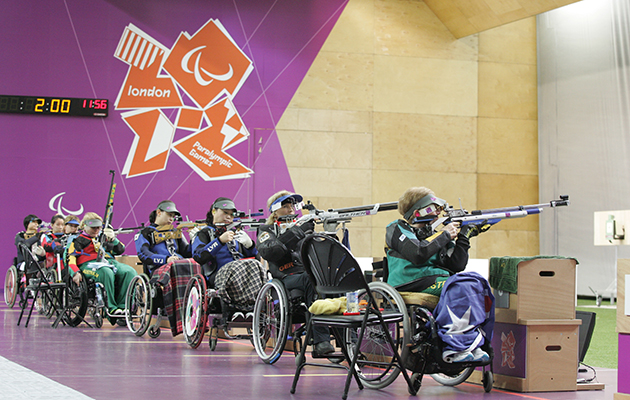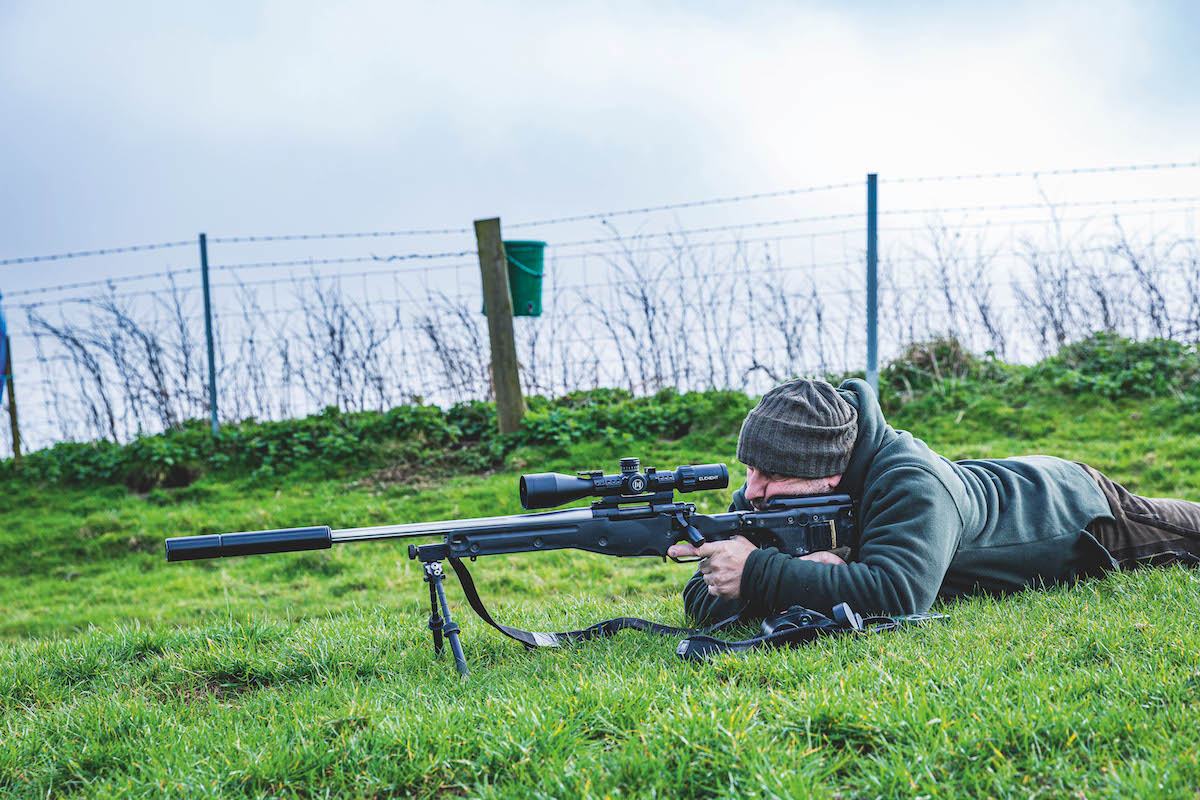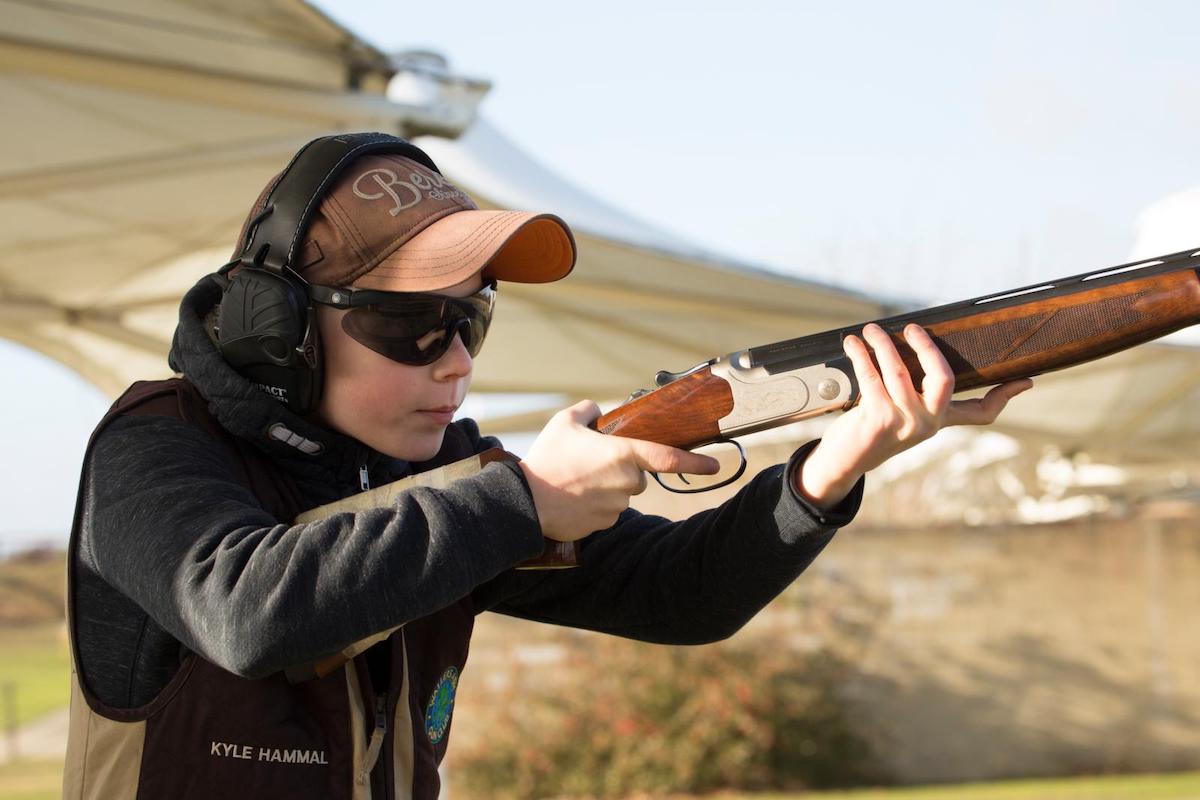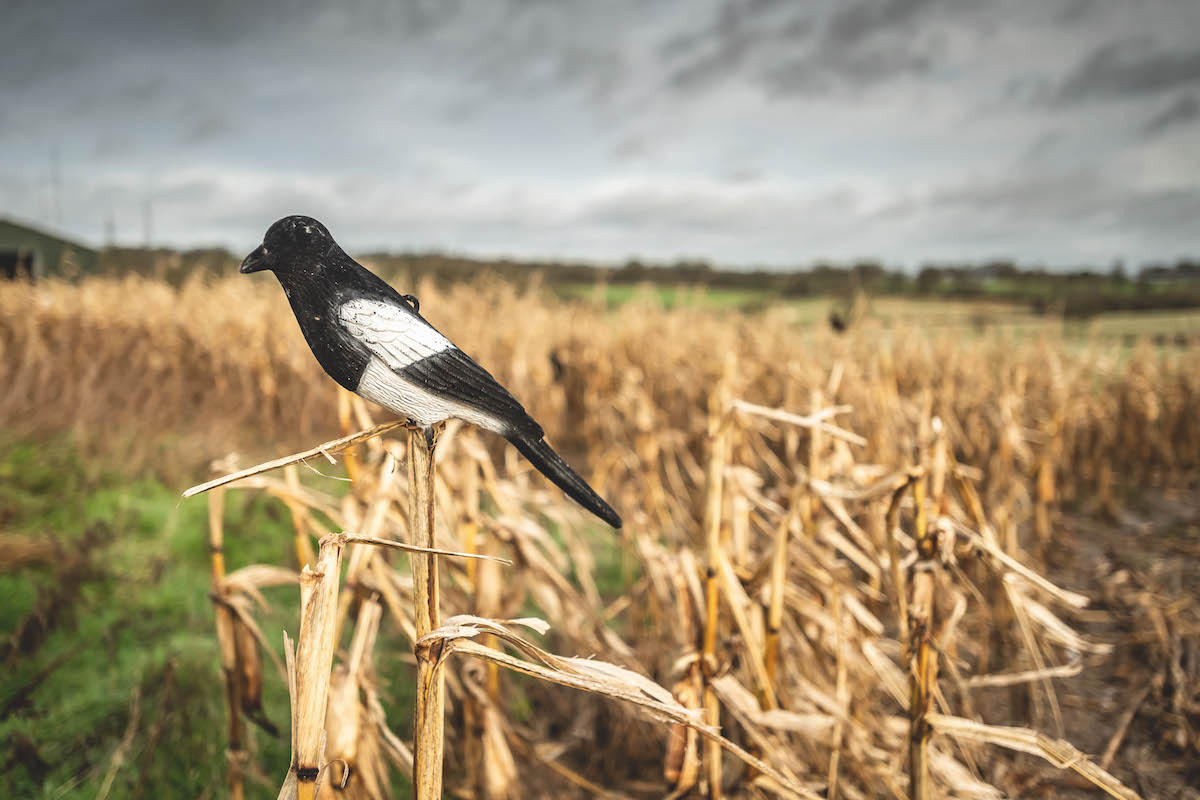Can I enjoy pheasant shooting in my wheelchair?
A reader got in touch via Twitter to ask about wheelchair shooting during the pheasant season. Bill Harriman had some helpful advice.

Wheelchair shooting at the London 2012 Paralympics
We’re all looking to the season ahead. But what if you’ve recently found yourself confined to a wheelchair – or not so recently. What’s the deal with getting into the field if you use a wheelchair? Bill Harriman, BASC’s head of firearms and global authority on guns, gave this advice for wheelchair shooting:
https://twitter.com/rhyshenllan/status/768030537697091585
Shooting is so inclusive that someone in a wheelchair can take part. There is no earthly reason why someone in a wheelchair should not take part in a pheasant shoot.
A wheelchair is a stable shooting platform and if you can position it near to a place where pheasants break across the line then you will be quids in. You will need to choose a shoot which does not have stiles or similar obstacles which stop the guns getting to their pegs. You will know better than me what the cross country ability of your wheelchair is. Picking a dry day at the beginning of the season would be a good idea.

Use a vehicle for support when out in the field
It is vital to get the shoot captain on-board early as he will be able to make sure that you get a spot that is readily accessible to you. A sympathetic one will fudge the draw to help get you in the right place.
I know a chap who lost the use of his legs in a motorcycle accident and who shoots from a quad bike. If you can manage one of them, that may be a solution to enhancing your mobility.
The key to all of this is forward planning and establishing a body of helpers. My experience is that people are more than happy to help a disabled person.
Getting around a clay ground in a wheelchair
Disabled sport’s profile has risen hugely in recent years, partly driven by the success of British athletes in the Paralympics.…
Annie Oakley: the greatest Shot of all time?
If you asked me to say who I thought was the greatest Shot of all time, I would have no hesitation in…
Remember that the great Annie Oakley spent the last years of her life in a leg brace, proving conclusively that simply because you have a disability does not preclude you from enjoying a spot of sport.










